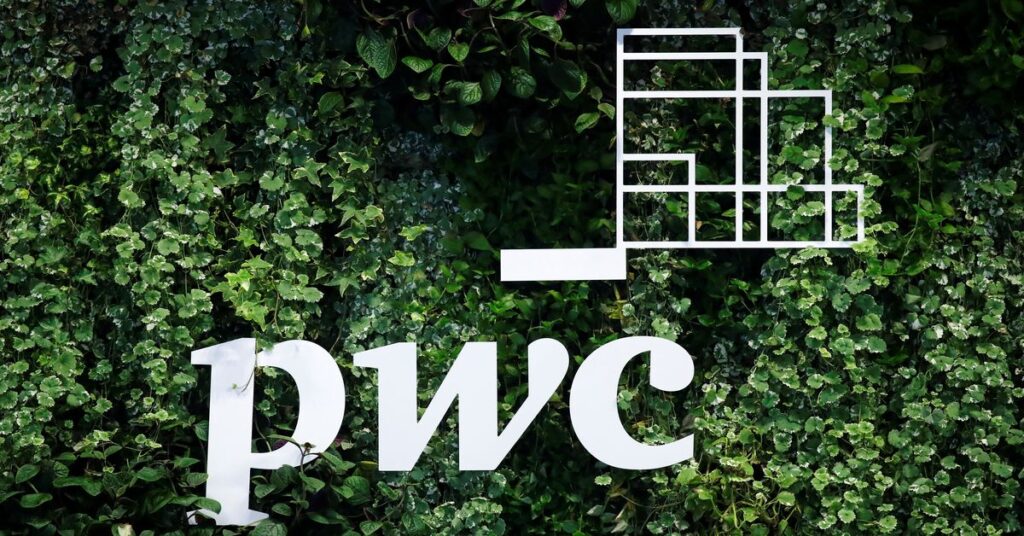WASHINGTON, May 10 (Reuters) – A U.S. accounting watchdog found unacceptable deficiencies in audits of U.S.-listed Chinese companies performed by KPMG in China and PricewaterhouseCoopers in Hong Kong, the government agency said on Wednesday.
The U.S. Public Company Accounting Oversight Board (PCAOB)published the findings of its inspections after gaining access to Chinese company auditors’ records for the first time last year following more than a decade of negotiations with Chinese authorities. That access kept roughly 200 China-based public companies from potentially being kicked off U.S. stock exchanges.
The deficiencies were so great that auditors failed to obtain enough evidence to substantiate companies’ financial statements, PCAOB Chair Erica Williams told reporters on Wednesday. The firms, two of the so-called “Big Four” in global accounting, represent 40% of the market share of U.S.-listed companies audited by Hong Kong and mainland China firms, she said.
PricewaterhouseCoopers (PwC) in Hong Kong said it is working with the PCAOB to address issues raised and noted the inspection report marks an important milestone for U.S. and Chinese cooperation. KPMG Huazhen in China said in a statement it has taken steps to address the issues the PCAOB had found.
While the agency said it usually discovers problems when first gaining access to a foreign country’s audit records, the deficiencies may raise worries among investors over the accuracy of U.S.-listed Chinese companies’ public financial statements. Some investors, though, said the findings could ultimately help improve Chinese company accounting.
“The fact that we found so many deficiencies is really a sign that the inspection process worked, and now we can go about the work of holding firms accountable and driving audit quality,” Williams said.
The agency said it inspected eight audits. It did not disclose which companies’ audits it had selected for inspection, but Reuters has previously reported that Alibaba Group Holding and Yum China Holdings were among them.
The two companies did not immediately respond to requests for comment.
“We shouldn’t be surprised that deficiencies were found,” said Brendan Ahern, chief investment officer of Krane Funds Advisors, which operates China-focused funds. “One would assume the auditors will take the guidance and adjust their practices going forward.”
The PCAOB will give the two auditors a year to remediate deficiencies around quality controls, and the agency will make referrals to the agency’s enforcement team where appropriate, Williams said. Such investigations could ultimately lead to monetary penalties or barring audit firms from doing work for U.S.-listed companies.
PCAOB officials have already begun fieldwork for 2023 inspections. With its 2023 work, the PCAOB expects it will have inspected auditors representing 99% of the work in the region.
The agency will continue to demand full access to do its work, Williams said. If Chinese authorities begin to limit access for inspections and investigations, a U.S. law agreed to last year sets a two-year clock for compliance or ouster from American exchanges.
(This story has been corrected to change the company’s name to ‘Yum China’ from ‘Yum! Brands’ and to fix the Reuters Instrument Code in paragraph 7)
Reporting by Michelle Price and Chris Prentice
: .


